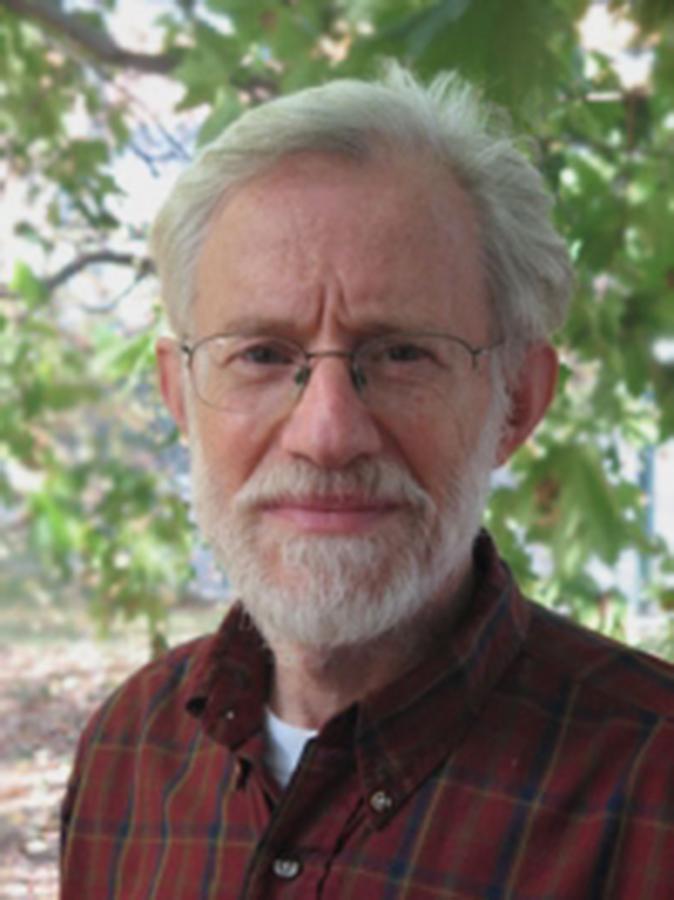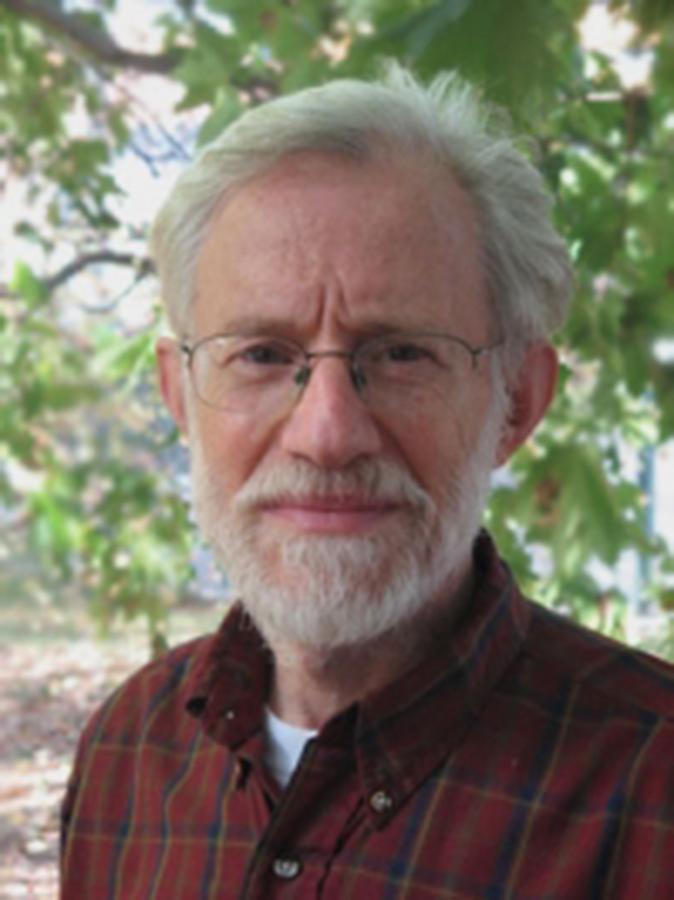
EAST LANSING, Mich. — Americans would be more likely to accept a gas tax increase if they knew the extra revenue would improve energy efficiency, repair roads and bridges or be refunded to taxpayers equally, indicates a new study by two Michigan State University sociologists.
Past survey research found widespread opposition to a gas tax hike but generally didn't specify how the extra revenue would be spent.
The new findings, published in the journal Energy Policy, confirmed that if the revenue use was unspecified or simply dispensed to the U.S. Treasury, the public would overwhelmingly oppose the tax increase. However, when people were told how the money would actually be spent, their views changed.
"Our results suggest that if a gasoline tax increase aims to decrease fuel consumption in a revenue-neutral manner or directs the extra revenue toward energy-efficient transportation or road and bridge repairs, then such an increase could be acceptable to the American public," said Stan Kaplowitz, who authored the paper with Aaron M. McCright.
Past research showed that while 80 percent to 90 percent of Americans were willing to pay higher prices for cars and electricity that use renewable energy, some 70 percent opposed higher taxes on gasoline and electricity.
In fact, gas tax increases were consistently the least popular option for reducing use of fossil fuels, and in the face of unsupportive surveys and polls few national politicians have taken up the cause. On a state level, Michigan voters in May soundly rejected a gas tax increase, though many said the proposal failed because it was too convoluted.
The study, which consisted of eight survey experiments comprising about 3,000 total participants, found:
*On average, people would accept (i.e., support or be neutral towards) a gas tax increase of 51 cents per gallon if the proposal was revenue-neutral, meaning any extra revenue would be refunded to taxpayers equally.
*On average, people would accept a slightly larger increase, 56 cents per gallon, if the proposal directed extra revenue toward energy-efficient transportation.
*If extra revenue were directed toward road and bridge repairs, and people were also told why current gas tax revenue is inadequate for that purpose, they would accept an average gas tax increase of 53 cents.
Kaplowitz said many economists, from both Democratic and Republican camps, believe that increasing the gas tax is the most effective way to cut gasoline usage.
"Raising the gas tax is widely considered the most market-friendly solution to reducing fuel consumption, since you're not restricting people's choice. If they want to drive more, or use a less fuel-efficient vehicle, they may do so, but they've got to pay more," Kaplowitz said. "But this also creates an interesting paradox: What works best is also least popular. As we've seen, no major politician in 30 years has been willing to touch it, including President Obama."
###





